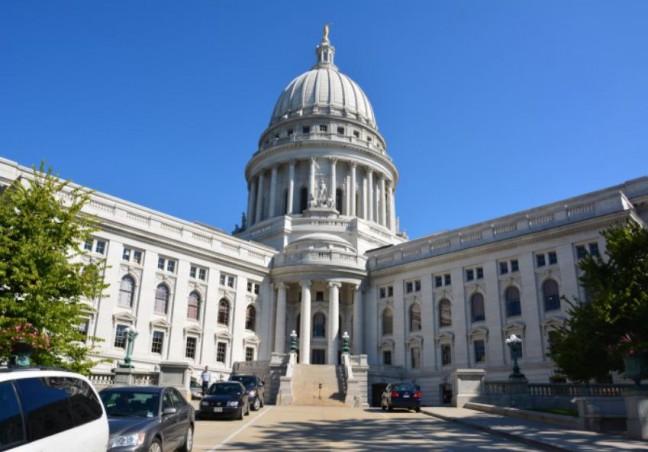A report released Tuesday found that the controversial Medicaid expansion could save Wisconsin nearly $100 million annually.
The report was published through a collaboration between the Center for Research on the Wisconsin Economy and University of Wisconsin economics professors Gwyn Pauley and Matt Wiswall.
The Medicaid expansion, which was proposed by Gov. Tony Evers in his state budget, would expand Medicaid eligibility to individuals with incomes up to 138 percent of the federal poverty level. The federal government would cover 90 percent of the cost, according to the report.
Wisconsin is currently one of 14 states that have rejected the expansion, made available after the passage of the Affordable Care Act.
Prevailing partisanship, citizen concerns fester ahead of state budget proposal
The report found that this expansion would save Wisconsin money by reducing uncompensated care, or any medical care that is provided for free or at a discount because the patient does not have insurance. The report found the average cost of uncompensated care per uninsured person is $3,228 in Wisconsin.
The report contradicts a February report published by Will Flanders, Noah Williams, the Wisconsin Institute for Law and Liberty, and Center for Research on the Wisconsin Economy. Flanders and Williams found the Medicaid expansion would cost, not save, Wisconsin money — to the tune of roughly $600 million a year.
Williams and Flanders wrote healthcare costs would increase by about $1.145 billion while the fiscal benefits to the state would be just $545 million.
Pauley and Wiswall wrote that February’s report “failed in two key dimensions,” first because it did not control for long-term time trends in health care costs and, second, because of a failure to adjust expenditure data for inflation.
While Williams and Flanders said the expansion would increase the cost of healthcare for those not on Medicaid, Pauley and Wiswall found that the savings from uncompensated care would exceed the costs to private insurers.
The expansion is still being debated despite a recent Marquette Law School poll finding 62 percent of respondents support the expansion.
Pauley and Wiswall’s report estimates that the expansion would result in about 76,000 new Medicaid enrollees in Wisconsin. The expansion and many other proposals will be decided when Wisconsin’s biennial budget is made effective July 1.













